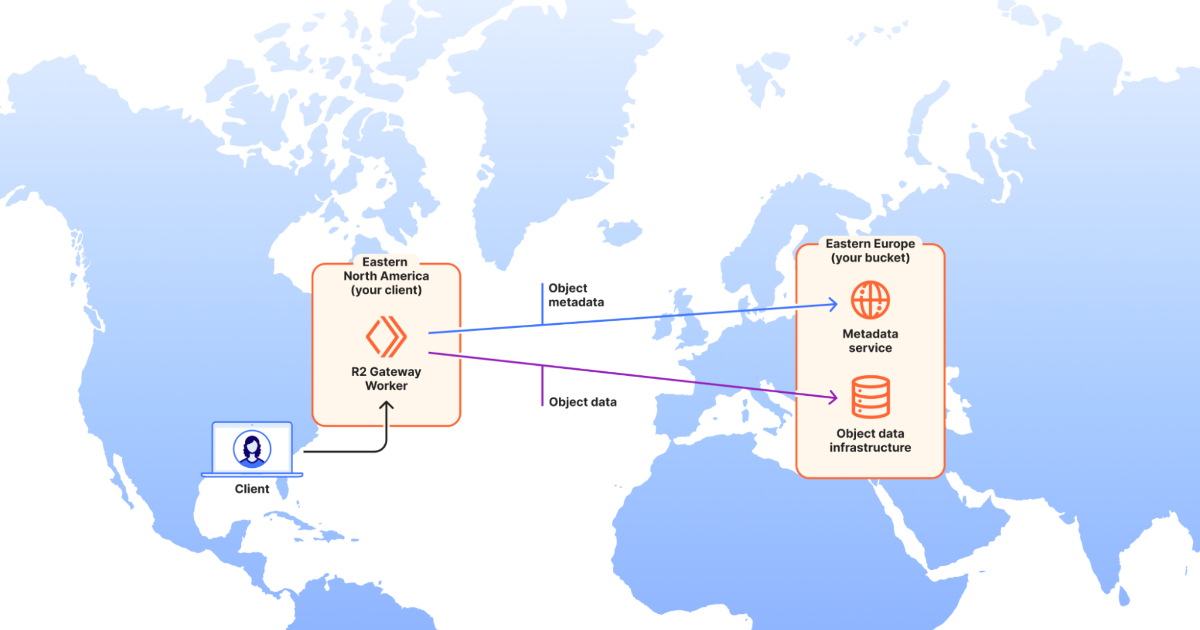Codetown
Codetown ::: a software developer's community
Groovy and Grails biggest problem...
Replies to This Discussion
-
Permalink Reply by Zemian Deng on July 22, 2008 at 11:19am
-
Robert Dempsey said:What I am looking for is performance comparisons of Groovy/Grails with other frameworks combined with Java such as Spring.
Hello Robert, Have you explored Scala programming? It gives you the short and flexibility of Groovy like expressiveness, but yet has good performance as close as to Java itself! Scala is static typed instead of dynamic though. Check out other post I made few days ago under Other JVM Group on this site see if you like it.
-Z -
-
Permalink Reply by Jim Moore on August 27, 2008 at 10:36pm
-
What needs to be performant and why? Things like Twitter are built on a notoriously slow platform (ie, Ruby on Rails) but it's plenty fast enough.
Grails is obviously slower than Spring MVC since it's built on old versions of Spring MVC and Spring WebFlow. Does it matter? For the vast majority of web sites the answer is trivially simple: No.
Scala is faster and slower than Java depending on what you're doing. Groovy is slower than both, but who cares? It's more than fast enough for what it's used for.
If you really need speed, write in assembly code. If you think that's not reasonable, then ask yourself why you're willing to sacrifice that speed to be able to write in Java. Then apply the same reasoning to why you would program in something like Grails.
Note that I'm not saying that you should use Grails, just that looking at performance without solid reasons *why* is well beyond foolish. -
-
Permalink Reply by Jackie Gleason on October 15, 2009 at 5:07pm
-
There are some performance issues (For example I have been told my IDE friendly specific typing can cause issues) that make Scala/Java better for some high volume projects. However, for simplicity and readability groovy is a better way to develop, IMHO
Jackie -
-
Permalink Reply by John Thompson on January 3, 2010 at 8:03am
-
To answer adoption - Grails is becoming more and more mainstream. Sky.com, Wired, and Walmart (specifically mp3.walmart.com) are some notable sites using Grails.
In benchmarking, yes, Grails is slower. But improvements are being made, both to Groovy and Grails itself.
And benchmarks are generally useless in the real world. Every application is different. Bad code, poor database design, poor technology choices, etc are going to have a far greater impact then the language used.
Where performance is an issue, you can always use Java (or Scala). In fact, much of the Grails framework is in Java, not Groovy. It all comes down to using the right tool for the job.
Also - in the age of distributed computing, I need to ask who cares if there is a 20-30% performance penalty. What does it matter if you need to spool up another VM or two in the cloud? -
Notes
Welcome to Codetown!
 Codetown is a social network. It's got blogs, forums, groups, personal pages and more! You might think of Codetown as a funky camper van with lots of compartments for your stuff and a great multimedia system, too! Best of all, Codetown has room for all of your friends.
Codetown is a social network. It's got blogs, forums, groups, personal pages and more! You might think of Codetown as a funky camper van with lots of compartments for your stuff and a great multimedia system, too! Best of all, Codetown has room for all of your friends.
Created by Michael Levin Dec 18, 2008 at 6:56pm. Last updated by Michael Levin May 4, 2018.
Looking for Jobs or Staff?
Check out the Codetown Jobs group.
InfoQ Reading List
AWS Enables Lambda Function Triggers from RDS for SQL Server Database Events

Unlock the power of event-driven architecture with AWS's innovative pattern for Amazon RDS SQL Server. This approach decouples database events from processing, enhancing scalability and responsiveness. Utilize Lambda functions and CloudWatch integration to streamline workflows, reduce costs, and elevate application performance. Join the movement towards efficient data management!
By Steef-Jan Wiggers.NET 11 Preview 1 Arrives With Runtime Async, Zstandard Support, and C# 15 Features

NET 11 Preview 1 is released, featuring Runtime Async as the headline change, moving async method handling from the compiler into the runtime itself. The preview also brings CoreCLR WebAssembly work, native Zstandard compression, C# 15 collection expression arguments, and MAUI improvements. Community reaction has been mixed, with praise for async changes but debate over language complexity.
By Almir VukCloudflare Introduces Local Uploads for R2 to Cut Cross-Region Write Latency by 75%

Cloudflare has recently introduced Local Uploads for R2 in open beta. The new feature optimizes write performance for globally distributed users without changing bucket location, reducing cross-region write latency.
By Renato LosioOpenAI Launches Frontier, a Platform to Build, Deploy, and Manage AI Agents Across the Enterprise

OpenAI Frontier is an enterprise platform for building, deploying, and managing AI agents, designed to make AI agents reliable, scalable, and integrated into real company systems and workflows.
By Sergio De SimonejQuery Releases v4: First Major Version in Almost 10 Years

jQuery 4 has launched, celebrating 20 years of innovation in web development. This major update modernizes the library by removing legacy code and outdated browser support while ensuring simplicity and performance. With enhanced compatibility for modern build tools and new security features, jQuery 4 remains a practical choice for developers, bolstering productivity while maintaining its legacy.
By Daniel Curtis
© 2026 Created by Michael Levin.
Powered by
![]()